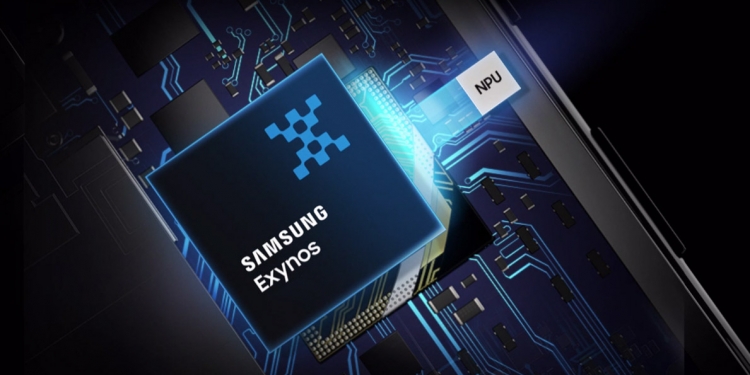It’s been quite a couple of years now since Samsung partnered up with AMD to adopt the latter’s RDNA technology into the Exynos line of system-on-chips. While the rumoured Exynos 2200 with said AMD GPU remains a while away from launch, a number of benchmarks from it have appeared online, and so far it’s a pretty good showing.
According to the leakster FrontTron on Twitter, the latest benchmarks show a sustained performance improvement of between 17-20% over the current gen Exynos 2100. That figure goes up to 31-34% of gains over the Exynos 2100 when looking at peak performance numbers. Curiously it only says that there’s a big difference in 3DMark performance over the rivalling Snapdragon 888. Whether or not this is a big difference in favour of the Qualcomm or Samsung’s chip isn’t clear, but it’s likely the latter.
EXCLUSIVE (Official Benchmark)
— Tron ❂ (@FrontTron) November 10, 2021
Compared to E2100, E2200 GPU is…
Sustained +17~20%
Peak +31~34%
Compared to SD888, E2200 GPU has…
Big difference in 3DMark performance (Wild Life)
ARMv9
* Performance results based on pre-release hardware and software
* Subject to change pic.twitter.com/m6BKqWcgKj
This of course doesn’t answer all of our questions regarding Samsung’s new silicon. The Snapdragon 888 for instance has the tendency to run very hot, and so there will be those wondering if the new Exynos 2200 can maintain such high performance numbers without getting too warm. Power consumption is another factor as mobile chips will need to be light on the battery.
And perhaps the most important question is how it’ll stack up against the upcoming Snapdragon 898, due to be launched later this year. The Snapdragon 898 is also reportedly going to have a new GPU in it, supposedly dubbed the Adreno 730. It could imply a huge gain over the Adreno 660 in the Snapdragon 888, as Qualcomm typically only increases the Adreno series’ starting number to correspond with a big overhaul in performance.
Nevertheless, these are exciting times not just for Samsung but for AMD as well. This could both mark Samsung getting ahead of the competition in the mobile processor department, while a strong showing for AMD on their debut could mean we’ll see more AMD hardware in our smartphones in the future.
[ SOURCE ]








